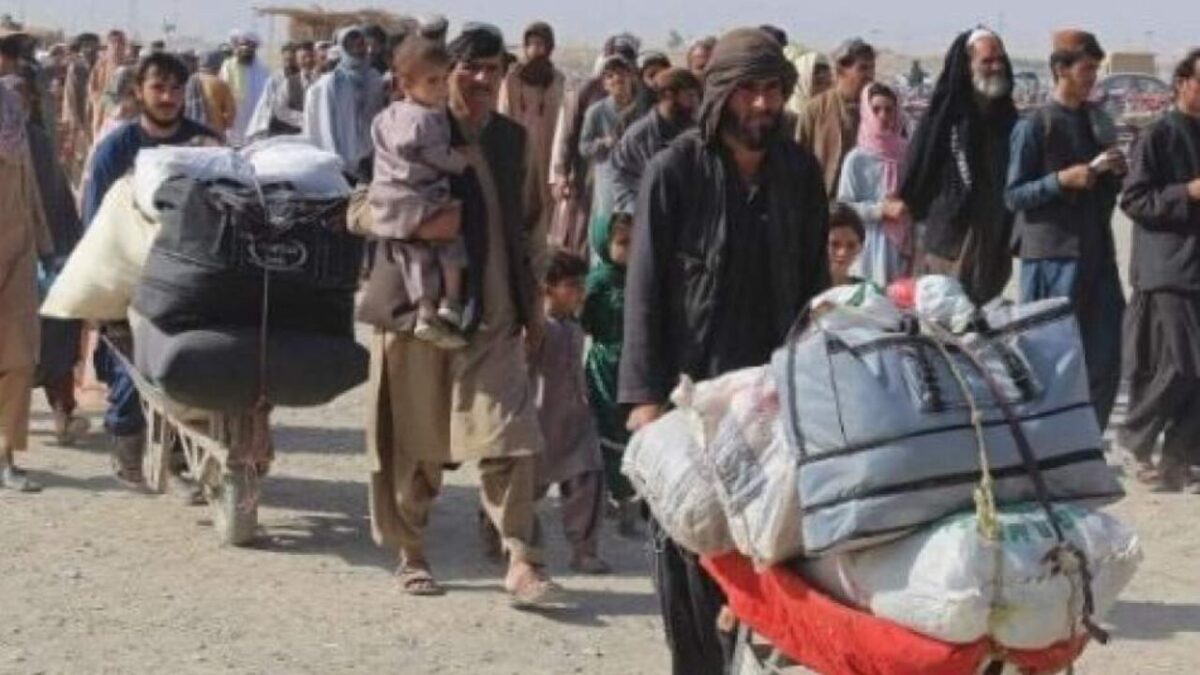Médecins Sans Frontières (MSF) has voiced significant concern regarding the welfare and rights of Afghan refugees affected by Pakistan’s ongoing deportation initiative.
As the second phase of deportations concluded on April 15, MSF highlighted the precarious situation of those being forced to leave.
Currently, an estimated 3.7 million Afghans reside in Pakistan, with about 500,000 having already crossed back into Afghanistan, MSF reported. Many of these refugees have lived in Pakistan for decades, longer than in their homeland, and lack legal options to remain.
The organization described the deportation process as arduous and disruptive for the refugees. “For many Afghans, this ‘repatriation’ means packing up their belongings and transporting them via horse, cart, car, and bus en masse to a country already beset by severe poverty, insufficient health services, and growing restrictions on women,” MSF stated.
Additionally, the statement outlined concerns for approximately 800,000 holders of the Pakistan-issued Afghan Citizen Card (ACC), who are now vulnerable to harm upon their return.
A third phase of deportations is anticipated to target holders of the UNHCR-issued Proof of Registration (PoR) cards.




